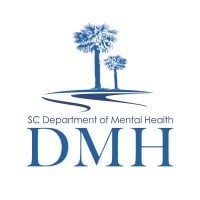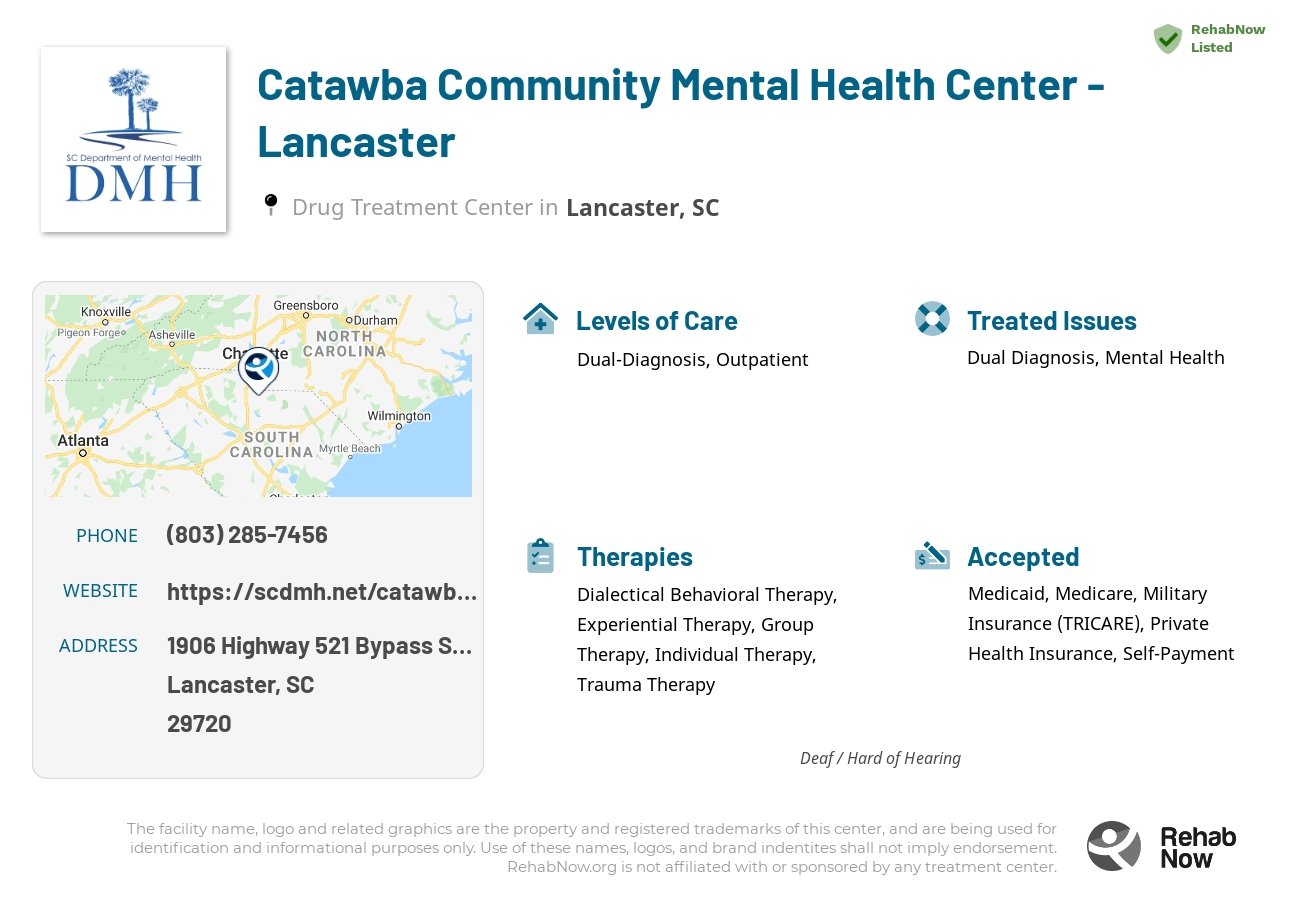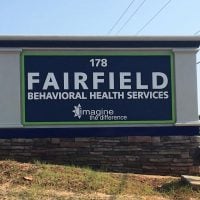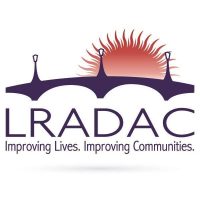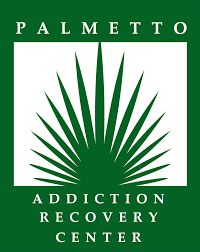Catawba Community Mental Health Center - Lancaster
Drug Rehab Center in Lancaster, South Carolina
Catawba Community Mental Health Center in Lancaster, SC provides comprehensive, integrated, and evidenced-based, mental health and addiction treatment services through private health insurance and collaboration with the South Carolina Department of Mental Health.
About Catawba Community Mental Health Center - Lancaster in South Carolina
Catawba Community Mental Health Center - Lancaster in Lancaster, South Carolina is a facility dedicated to helping individuals find the right treatment for their mental health and addiction issues. They provide dual-diagnosis, outpatient, and inpatient levels of care and are affiliated with the South Carolina Department of Mental Health. The center accepts private health insurance and is tailored to meet the individual needs of each person that walks through their doors. They provide an integrated approach to care, extensive evidence-based assessment, and develop individualized treatment plans for each patient.
Catawba Community Mental Health Center - Lancaster offers comprehensive care for individuals with substance abuse and addiction disorders. They provide personalized, one-on-one counseling and support from licensed therapists and physicians, who are knowledgeable about the effects of substance abuse and are specialized in providing treatment. Additionally, the center offers a variety of other therapies, such as cognitive-behavioral therapy and medication-assisted treatment, in order to effectively manage substance abuse and addiction disorders. They also focus on helping patients develop skills that are essential to achieving and maintaining recovery, such as relapse prevention skills and coping strategies.
Genders
Ages
Modality
Additional
Conditions and Issues Treated
A combination of treatments is often needed to treat drug abuse. Some addictions can be treated with counseling and support groups. In other cases, drug abuse can lead to a medical problem and require medical treatment. Treatment for drug addiction typically combines counseling and psychotherapy with medication and behavioral therapies.
A combination of treatments is often needed to treat drug abuse issues effectively. In the case of drug abuse, there is no easy answer or one-size-fits-all cure.
When someone in struggles with both addiction and mental or emotional illness, this is considered a dual diagnosis. Dual diagnosis treatment can include therapy for these issues to happen simultaneously, which will allow either of them to be treated effectively.
Sometimes people who have suffered from addiction disorder also suffer from co-occurring disorders such as depression, anxiety, bipolar disorder, etc., making them “dual diagnoses.” Dual diagnoses require specialized treatment programs where drug and alcohol addiction are addressed along with psychiatric illnesses. Some rehabilitation facilities provide patients suffering from cooccurrences a program with highly integrated services and a clean environment with few distractions to help them succeed.
Levels of Care Offered
This center offers a variety of custom treatment tailored to individual recovery. Currently available are Dual-Diagnosis, Inpatient, Outpatient, with additional therapies available as listed below.
Inpatient treatment for alcoholism or drug addiction is an option that provides the addict with a supportive environment in which they can stop using. After detox, an inpatient treatment center provides a structured environment for the addict to recover from their addiction and begin taking steps toward a lifetime of sobriety.
This type of treatment is appropriate for addicts that are most in need of intensive care and supervision. This includes those who were unable to quit on their own, those who need more structure than they can get in outpatient treatment, and those whose addiction has led them into legal trouble or severe health problems.
Outpatient treatment is often used for drug addicts in drug rehab. Outpatient treatment consists of counseling and therapy sessions. This form of treatment is also called ‘day-treatment’. The outpatient treatment process begins with the addict’s initial detox period, lasting about ten days.
Outpatient treatment is used for those who are at moderate risk for ‘slipping back’ into the addiction, for those who:
- Are not currently experiencing any side effects from withdrawal and can handle social pressure
- Can handle stressors that might trigger relapse
- Have a stable living environment or have moved out of their previous environment, which was not conducive to being sober
- Have a support system that allows them to go to a facility a few times a week while still keeping their current responsibilities
- Have no legal obligations, being either on parole or probation, that require them to seek treatment at a mandatory facility
- Are not currently experiencing any side effects from withdrawal and can handle social pressure
- Have a stable living environment or have moved out of their previous environment, which was not conducive to being sober
Therapies & Programs
Because no single treatment is effective for all addicts, the goal of treatment and therapy should be to figure out what works best for each individual. Tolerance and withdrawal levels differ from person to person, affecting the treatment intensity required. Addiction treatment should aim to help addicts develop healthy coping mechanisms for dealing with their addiction and its underlying causes.
Couples therapy works with clients and significant others in a professional capacity to improve relationship dynamics. This can be helpful for addicts who are trying to marry the idea of recovery into their work, family, social lives – any aspect that has to do with relationships. Through counseling sessions, addicts will have an opportunity to talk about their addiction with professional partners.
Family therapy is beneficial for people who are in addiction treatment services because it offers addicts the opportunity to work with their family members to better understand what led them to make choices that contributed to their addiction.
This type of therapy helps family members reach a deeper understanding of how they can best support their loved one during recovery. It also helps the addict better understand their own motivations and triggers that led them to turn to substance abuse.
Family therapy can help addicts in the following ways:
- Assists family members in processing difficult feelings so they don’t blame or resent recovering addicts
- Assists family members in understanding how addiction has impacted the addict and everyone who is involved with them
- Allows the addict to take responsibility for their actions, while encouraging improved communication skills
- Helps family members understand how to best support an individual in recovery so addicts don’t relapse again.
Group therapy can help build a stronger support system and give addicts in Lancaster, SC insight into their addiction that they gain through shared conversations. Group therapy occurs in a controlled group environment, exclusive of one on one meetings. This makes it safer for patients to feel comfortable sharing the struggles they’re going through and gaining perspective.
Trauma therapy is beneficial for people who are recovering from drug addiction because it helps them heal from past traumas that may have caused them to turn to harmful substances or led them to experience negative emotions that contributed to their destructive behaviors.
This type of treatment works by processing difficult experiences so individuals can learn how to process these events without having to turn to substances for coping.
Trauma therapy can help addicts in the following ways:
- Helps individuals understand their experiences and emotional responses to difficult events, including why they turned to drugs or alcohol
- Provides them with comfort and support while working through difficult emotions related to these traumatic experiences
- Offers an opportunity for addicts to have a voice and be heard, which can improve their self-esteem
- Can help them develop coping skills so they can better respond to triggers instead of turning to substance abuse.
Cognitive-behavioral therapy is a technique that is used to help people with addiction. Specifically, it is a way of identifying thoughts and behaviors that cause the addiction. It is typically used in an individual counseling session.
The content explains cognitive behavioral therapy and how it works to address some behaviors that may be leading to unintended consequences in their life, as well as its benefits for those seeking sobriety.
It works by helping people to talk through their issues and addressing the thoughts that cause said behaviors. It is an excellent way of learning about oneself and one’s perception of the world.
It’s important to remember that malnutrition can affect your mood and energy level, which affects your desire to get sober. Good nutrition helps keep your body strong against the familiar ravages of drug use–tuberculosis, hepatitis, abscesses, infections, etc. — as well as the physical symptoms of withdrawal. If you’re eating right, you’ll have more energy for productive activities and will have more strength to fight cravings.
Nicotine Replacement Therapy (NRT) has many benefits for drug addicts who also choose to quit smoking. It is an effective technique at this treatment center that provides smokers with the nicotine they are addicted to without inhaling carcinogens from cigarettes to wean them off entirely. You can reduce your risk of heart disease and cancer, irritability, bone loss, stroke, type II diabetes, fertility in women, an enhanced sense of taste and smell.
Payment Options Accepted
For specific insurance or payment methods please contact us.
Is your insurance accepted?
Ask an expert, call (888) 674-0062
South Carolina Department of Mental Health Associated Centers
Discover treatment facilities under the same provider.
- William S. Hall Psychiatric Institute in Columbia, SC
- Orangeburg County Mental Health in Holly Hill, SC
- Waccamaw Center for Mental Health - Kingstree in Kingstree, SC
- Catawba Community Mental Health Center - Family in Rock Hill, SC
- Santee - Wateree Mental Health Center in Sumter, SC
Learn More About South Carolina Department of Mental Health Centers
Additional Details
Specifics, location, and helpful extra information.
Lancaster, South Carolina 29720 Phone Number(803) 285-7456 Meta DetailsUpdated November 25, 2023
Staff Verified
Catawba Community Mental Health Center - Lancaster Patient Reviews
There are no reviews yet. Be the first one to write one.
Lancaster, South Carolina Addiction Information
More than 610,000 of South Carolina residents, or a staggering 11.9% of the state population, uses illicit drugs and another 230,000 residents abuse alcohol every year. A majority of the illegal drugs used and abused are opioids. Marijuana use and underage drinking occur amongst the young residents of this state–though at a lower rate compared to the national average.
Lancaster, SC, has seen its fair share of drug addiction and abuse problems. This has had a big impact on the community, as addiction can lead to crime, violence, and other social problems. Fentanyl was involved in 57% of opioid-related deaths in 2016. There is help available for those who are struggling with addiction. Many treatment options are available in Lancaster and there is no reason to struggle with addiction any longer.
Treatment in Nearby Cities
- Cameron, SC (80.5 mi.)
- North Charleston, SC (134.7 mi.)
- Fort Mill, SC (22.2 mi.)
- Holly Hill, SC (98.8 mi.)
- Bennettsville, SC (62.2 mi.)
Centers near Catawba Community Mental Health Center - Lancaster
The facility name, logo and brand are the property and registered trademarks of Catawba Community Mental Health Center - Lancaster, and are being used for identification and informational purposes only. Use of these names, logos and brands shall not imply endorsement. RehabNow.org is not affiliated with or sponsored by Catawba Community Mental Health Center - Lancaster.
